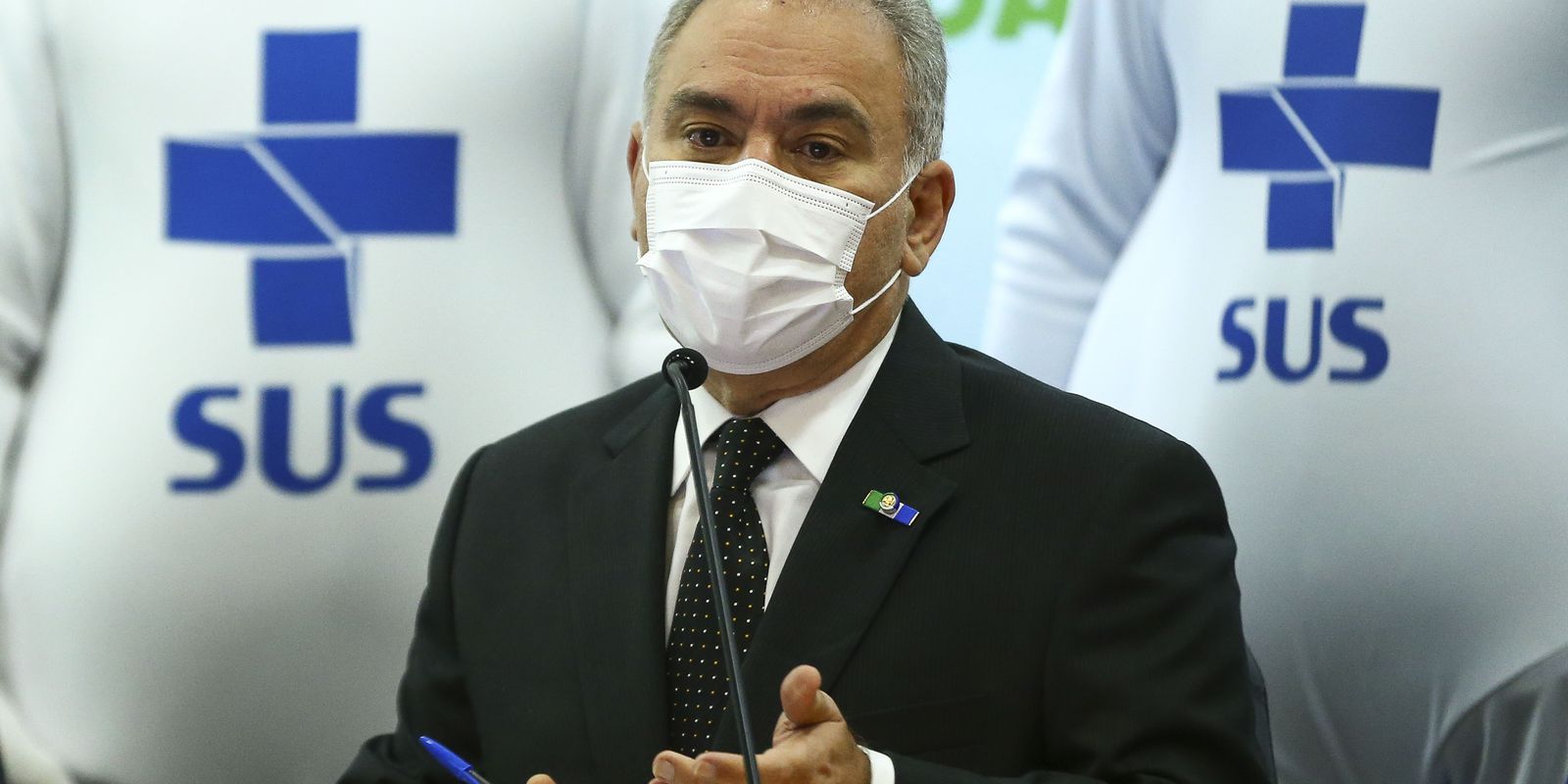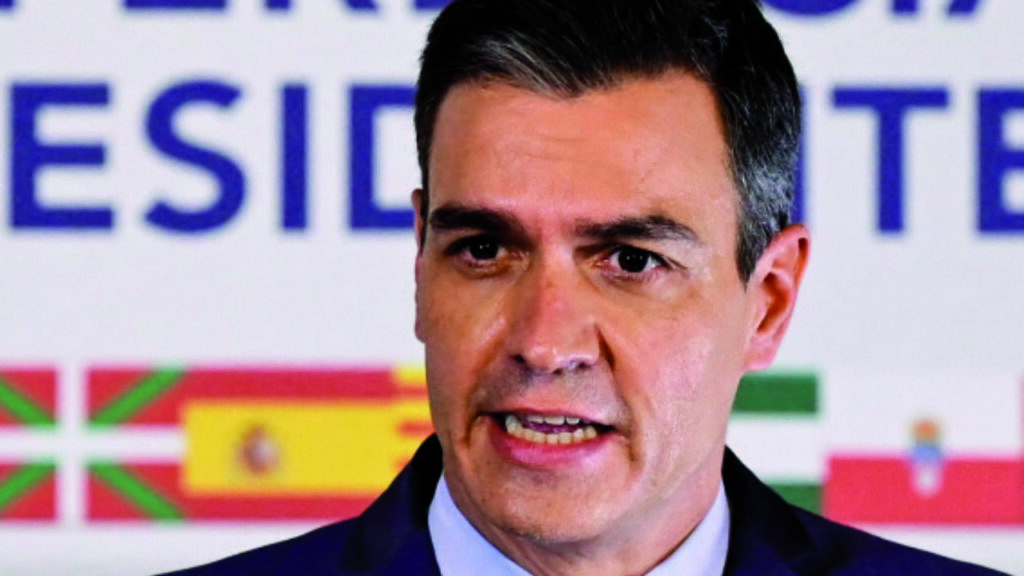The Ministry of Health (MS) readjusted by 12.5% the amounts for payment for hemodialysis services and 24.3% for peritoneal dialysis by the Unified Health System (SUS). The Ordinance with this objective was signed this Wednesday (29), in Brasília. According to the folder, the annual financial impact with the new values is R$ 401 million. Most of the value – R$ 369.9 million – is for hemodialysis and the rest, R$ 31.1 million, for peritoneal dialysis.
Data from the MS show that currently 723 health establishments are authorized in the country to care for these patients. Of these, 688 offer peritoneal dialysis. SUS currently has more than 26,300 hemodialysis machines across the country. “Around 75% of the Brazilian population depends exclusively on the SUS. And the safest way to give sustainability to the SUS is to improve care. And our objective is to strengthen this scenario each time”, said minister Marcelo Queiroga.
It is estimated that 184,000 Brazilians are undergoing some Kidney Replacement Therapy (RRT), that is, when there is a need to supply the kidney function in patients with acute or chronic kidney failure. According to the Minister of Citizenship, João Roma, who participated in the signing ceremony and cited the efforts of the Federal Government to support families who were victims of heavy rains in Bahia, Brazil increasingly needs to join forces.
“Public policies like this reach people who are in a vulnerable situation, who need this type of service. I am sure that this measure will lead to an improvement in the quality of life of many families.”, highlighted minister Roma.
The new costs were defined by a working group to calculate the need to change prices. In addition, consultations were held with entities representing the nephrology sector and medical societies, such as the Brazilian Society of Nephrology (SBN) and the Brazilian Association of Dialysis and Transplant Centers (ABCDT).
“We know that the risk factors for this disease are hypertension, diabetes and obesity. We need to pay attention to these diseases. This effort demonstrates the country’s commitment to fighting this disease, especially in the SUS, which is a backbone, a capillarity system of care that aims to be able to allocate this health care to the population that needs it,” said the coordinator of the Unit of Communicable Diseases and Environmental Determinants of Health at PAHO/WHO, Miguel Aragon.
Chronic diseases
Chronic Kidney Diseases is a general term for changes that affect both kidney structure and function, with multiple causes and multiple risk factors. It is a disease with a prolonged course, which may appear to be benign, but which often becomes serious and which, most of the time, has asymptomatic evolution, causing the diagnosis to be made late. In these cases, the main immediate treatment is the hemodialysis procedure.
The kidneys are fundamental to the functioning of the body. They filter the blood and help eliminate toxins from the body. Chronic kidney disease is silent, does not present symptoms and has an increasing prevalence, high mortality and high costs for health systems around the world.
















